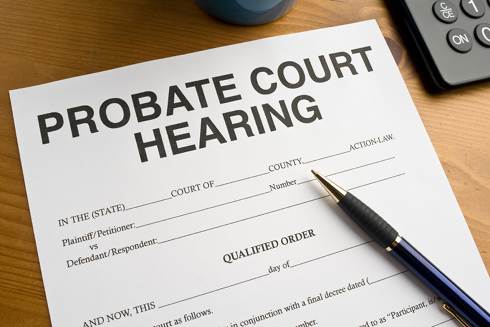Avoiding Probate In California

Unfortunately, sometimes a person dies before their wishes regarding their property are made known. If this is the case, a process takes place known as probate. Probate is the legal system in which a court decides how a deceased party’s assets are split up among heirs. Probate law is different in every single state in the nation, and this includes California. If you live in California and are an heir to a family member’s estate, here is what you need to know to avoid the probate process.
One way to avoid the court being forced to make the decision about what goes to whom is to prove you actually had joint ownership of the disputed property. In California, certain kinds of property owned by a couple may have something known as survivorship rights. This means the property will be automatically transferred to the surviving member of the relationship.
Under California law, these rights may apply for certain circumstances. One situation is when two people share tenancy together in an apartment, house or some kind of home. This usually occurs when couples, who may or may not be legally wed, share a bank account or purchase significant property like a car together. Another legal principal known as community property may apply specifically for couples that shared property as legally recognized spouses or domestic partners.
Another way you can avoid having to go through probate is by creating a living trust. A living trust will include information regarding the deceased’s wishes about which heirs should receive what property. It may also include information about who should take care of the deceased’s children. This is a bit different than a living will which is a legal document that may also include information regarding what should happen if a person becomes incapacitated due to illness or poor health.
One of the most important elements of a living trust is setting up a trustee. While the owner is alive, the trustee should be that person. After death, the title of trustee should be passed onto another person named by the deceased that has the deceased’s best interests in mind. In this situation, the trustee will act to enforce the terms of the trust. There is no need for probate court to become involved.
In California, the owner of a bank account has the ability to determine who the funds will be passed on to after that person dies. This can include the funds in savings accounts, checking accounts and CODs. This can be done by telling the bank to designate the accounts as payable upon death to a specific beneficiary. This only occurs after the death. While the account user is still alive, the beneficiary will not have the right to control or use the funds.
Similar transfer upon death systems are used for other kinds of property in California. Real estate, cars, stocks and bonds can be transferred to a specific beneficiary if the owner makes theses wishes known before death.
